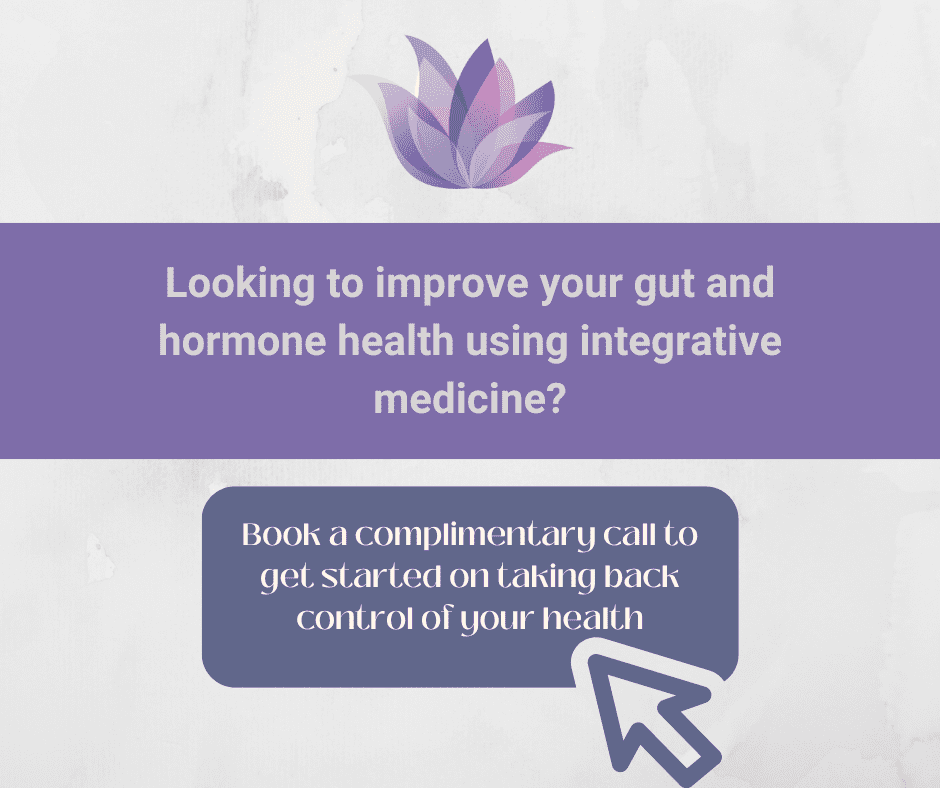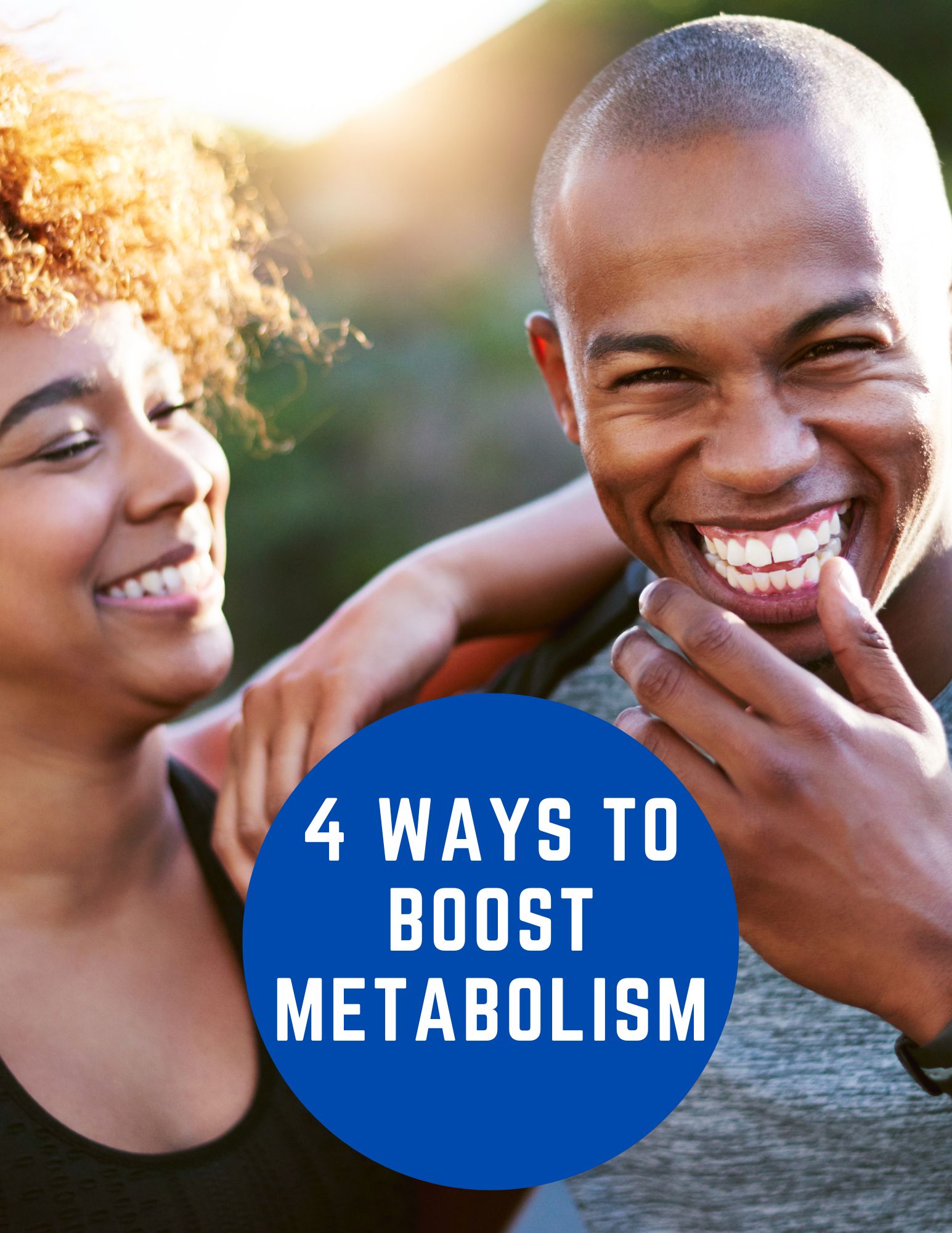The gut-hormone connection
It is crucial to point out that not all women with hormonal problems such as PCOS have a “leaky gut.” Most women with PCOS have digestive issues. Those digestive issues can include constipation, irritable bowel syndrome, bloating with meals, and even diarrhea. Even if you do not have digestive symptoms, having a healthy gut microbiome is critical. I like the analogy of a garden, we need to weed, seed, and feed it.
If you want a healthy garden, you must become a gardener!
The weed, seed, and feed the garden concept.
Healing your leaky gut is not difficult, but it does take time. Most women take about four weeks to implement these changes. But if it takes longer than that, it is ok. The most important thing is to develop a healthy gut microbiome that is diverse and is fed well with nutrient-dense food.
I love to garden. Producing your organic food is not only better for your health, but the act of gardening can be stress relieving. To simplify the process of healing your gut, I use the concepts of weed, seed, and feed your garden. Let’s go over each step.
Weed the Garden:
Eliminate foods, medications (is safe and ok with your doctor), and endocrine-disrupting chemicals that are triggering your gut symptoms. If you suffer from significant bloating, pain, or constipation with eating, you may have food intolerances that irritate your gut lining, causing leaky gut. You can try an elimination diet or seek help from a healthcare provider. If you choose to figure this out on your own, EverlyWell has fantastic at-home testing kits that can help you figure out what foods are causing your gut to be irritated.
What is an elimination diet?
Elimination diets typically take 2-4 weeks. In this time, you eliminate certain foods one at a time that tends to cause inflammation until your symptoms are better. The most common foods that are pro-inflammatory are gluten, dairy, soy, corn, peanuts, and shellfish. Make sure to keep a journal during this time.
What are Endocrine Disrupting Chemicals?
Many toxins in the diet, food supply, and personal products contain Xenoestrogens. These are estrogen-like chemicals that can influence estrogen production and function. Reducing your exposure to these will help the body produce natural estrogen in the correct balance. Here are some tips for eliminating EDC’s.
• Avoid BPAs commonly found in plastic food containers.
• Use a glass or stainless steel water bottle.
• Choose organic fruits and vegetables, grass-fed meats, and sustainably caught wild fish.
• Consider investing in a water purification system for drinking water or even your whole house.
• Limit dioxins. Animal products, which contain dioxins, should be consumed in moderation.
• Avoid phthalates and fragrance – both commonly found in the home and personal care products
Seed the Garden:
The bacteria that make up the microbiome play an essential role in maintaining estrogen balance. A complex and diverse microbiome can help remove excess estrogen from the body. A strong lining will keep the irritating organisms from entering the body and allow the good guys to do their job of regulating immunity and balancing our hormones.
Seed the Garden:
The bacteria that make up the microbiome play an essential role in maintaining estrogen balance. A rich and diverse microbiome can help remove excess estrogen from the body. A strong lining will then keep the harmful organisms from entering the body and allow the “good guys” to do their job of regulating immunity and balancing our hormones.
What steps can you complete to replace and restore the plants in the garden?
Prebiotics: Regularly consume prebiotics to feed your gut bacteria. Good sources include acacia, fiber, and inulin (found in bananas, chicory root, garlic, Jerusalem artichokes, leeks, and onions)
Probiotics: Take a good quality probiotic daily. It must contain at least ten billion CFU in each dose and have a healthy variety of Lactobacillus species and Bifidobacteria species. A megaspore biotic is preferable but can be expensive and harder to find. And do not forget about probiotic foods such as Kimchi, Kefir, and sauerkraut.
Fiber: Make sure you get 30-40 grams of fiber a day. Fiber is an insoluble carbohydrate found in plant foods. It helps feed bacteria and supports the colon slow down transit time. Then it can digest food and balance blood sugar. High fiber foods include green peas, oats, navy beans, black beans, lentils, raspberries, and avocado.
Feed the Garden:
Now it is time to feed the good microorganisms you have put back into your gut and repair the lining. To truly heal a leaky gut, it can take months to repair the damage. But you can follow these steps to start:
- Focus on a clean eating diet. If you have PCOS, I am a fan of the anti-inflammatory diet.
- Experiment with fermented foods, like sauerkraut, kimchi, and yogurt.
- Crowd out refined, processed, and artificial sugars.
- Do not forget to add Herbs for gut and hormone health.
- Supplements are a great way to continue to repair the gut lining.





